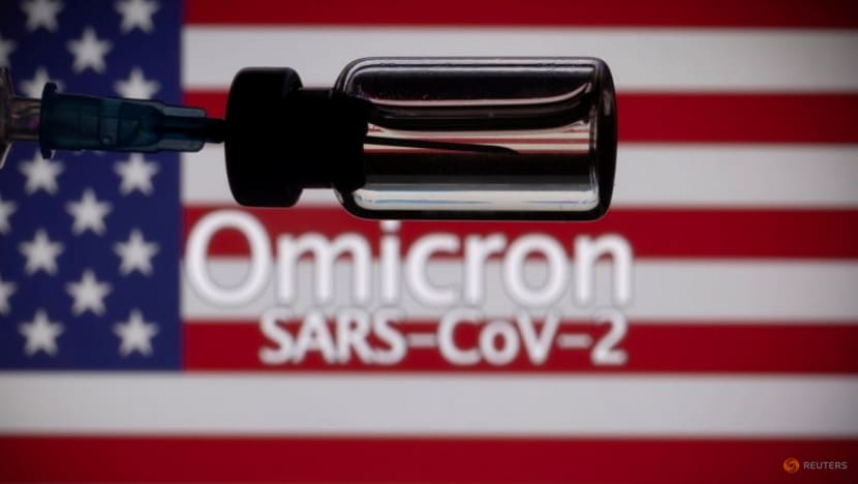
Fears over the impact of the Omicron variant of the coronavirus rose on Thursday after the first case was reported in the United States and the Japanese central bank warned of economic pain as countries respond with tighter containment measures.
The first known U.S.A. case was a fully vaccinated person in California who returned to the United States from South Africa on Nov. 22 and tested positive seven days later.
The U.S.A. strategy for fighting COVID-19 this winter
A formal announcement is expected on Thursday, about extending requirements for travelers to wear masks through mid-March.
The White House also plans to announce stricter testing rules for international visitors.
Airlines in the United States were told to hand over the names of passengers arriving from parts of southern Africa hit by Omicron, according to a U.S. Centers for Disease Control and Prevention letter.
Much remains unknown about the new variant, which was first found on Nov. 8 in South Africa and has spread to at least two dozen countries.
TRAVEL RESTRICTIONS
About 56 countries were reportedly implementing travel measures to guard against Omicron as of Nov. 28, the WHO said.
In the latest restrictions, South Korea on Thursday halted quarantine exemptions for fully vaccinated inbound travelers for two weeks as daily coronavirus case numbers rose to a new high. South Korea confirmed its first five cases of the Omicron variant on Wednesday.
Indonesia also tightened border curbs, extended quarantine, and limited movement on strategic toll roads in a preemptive move to limit the spread of the Omicron variant should it reach Southeast Asia's largest country.
The United States has barred nearly all foreigners who have been in one of eight southern African countries.
The European Union brought forward the start of its vaccine rollout for 5-to-11-year-olds by a week to Dec. 13, as the president of the European Union's executive body said there was a "race against time" to stave off the new variant.
Britain and the United States have both expanded their booster programs in response to the new variant, although the WHO says wealthy countries should instead share more vaccines with vulnerable people in poorer countries where variants are most likely to emerge as long as inoculation rates are low.